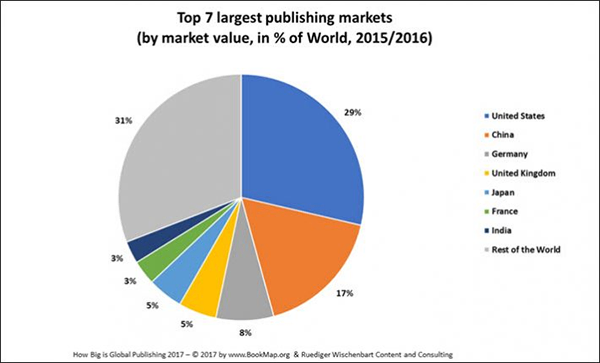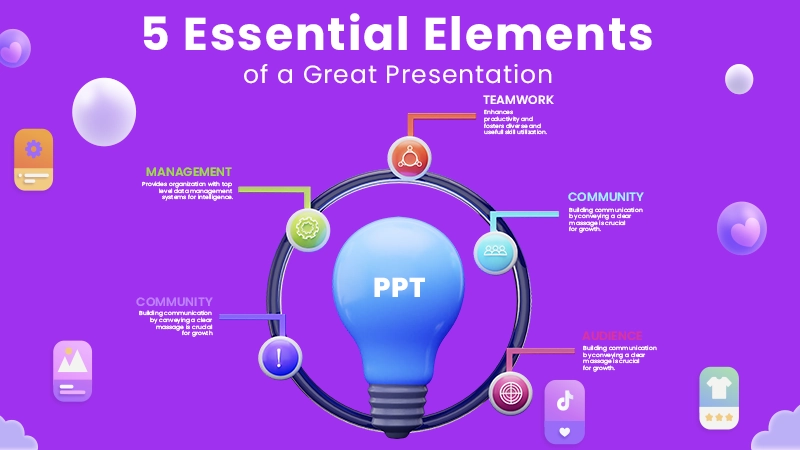“To write well, express yourself as a common person but think like a wise man”
Aristotle ( Greek Philosopher )
The art of writing is the best way to express yourself to people in words. It’s a way to share a complicated message in a simple way.
I write poems and stories to express myself, most of them are nonfiction. They consist of a part of my life that helps me to connect with my audience. If a writer makes their audience relate to the art then he/she succeeds.
Nonfiction books are about real stories and experiences that connect more but only when we write it right. We all have stories but delivering them in the right way makes us writers and other readers.
In this article, I will tell you how to write a nonfiction book and stand out in nonfiction writing which will surely make you a better author with time.
Without any further delay, let’s get started.
1. Define Your Purpose
Our mind is filled with thousands of thoughts and ideas when we sit to write but it is necessary to define your purpose. Before putting pen to paper, be clear about why you’re writing. Ask yourself:
- What do I want to achieve with this book?
- Who is my target audience?
- What value will readers gain from it?
Your purpose will shape every aspect of your book—from its tone and structure to the way you market it.
2. Choose a Compelling Topic
I mostly write love stories or about love because I have my expertise in that genre. Choose a topic you are confident about because a strong topic is both specific and relevant to your audience. For instance, instead of writing a generic book about “productivity,” you might focus on “productivity hacks for working parents.” The narrower your topic, the more targeted and impactful your work will be.
3. Research Thoroughly
Even if you’re an expert in your field, comprehensive research is essential. There is always something you don’t know so always do a deep analysis of your topic it helps to write more specifically. It adds depth and credibility to your work. I did research before writing this article and I got to know a fact:-
Fun Fact The most expensive book ever sold was the Codex Leicester, which is Leonardo Di Vinci’s science diary. It was sold for $30.8 million in 1994.
Here’s how I approach to research:
- Read widely: Dive into books, articles, and studies related to your topic.
- Take notes: Organize your findings in a way that’s easy to reference later.
- Interview experts: Conversations with other professionals can provide unique insights and anecdotes.
4. Create an Outline
An outline serves as the roadmap for your book. It organizes your ideas and ensures a logical flow. Start by listing the main sections or chapters. Under each section, jot down the key points you want to cover. A basic outline might look like this:
- Introduction: Set the stage and explain why the topic matters.
- Chapter 1: Define the problem or subject.
- Chapter 2-5: Offer solutions, insights, or narratives.
- Conclusion: Recap key points and provide a call to action.
5. Develop a Writing Routine
It’s not easy to write daily but sit with your thoughts daily and process them at a pace that will help you in finding a suitable way. Set a realistic writing schedule based on your lifestyle. Whether you dedicate an hour a day or write every weekend, stick to your routine. Break the book into manageable chunks to make the process less daunting.

6. Focus on Your Voice
Your writing style should reflect your personality and connect with your audience. The tone of your story should sound familiar to the readers. Avoid jargon unless it’s essential to your topic, and write as if you’re having a conversation with your reader.
7. Use Storytelling
Even in nonfiction, storytelling is a powerful tool. Real-life examples, anecdotes, and case studies can make your text more engaging and relatable. Stories help illustrate your points and keep readers hooked. All humans have their stories all you want is to make them relate at some point.
8. Edit and Revise
After completing it, make sure to check it at least twice because you are not an AI, you will definitely write better than an AI but you can make mistakes. Edit your book if needed to get the best result. Follow these steps:
- Self-edit: Read your manuscript critically. Focus on structure, coherence, and tone.
- Get feedback: Share your draft with trusted friends, colleagues, or a writing group.
- Hire a professional editor: A professional can polish your work and catch errors you might overlook.
9. Format Your Manuscript
Proper formatting ensures your manuscript is professional and easy to read. Use consistent headings, fonts, and spacing. If you’re planning to self-publish, familiarize yourself with the formatting guidelines for platforms like Amazon Kindle or IngramSpark.
10. Consider Publishing Options
Publishing your story is a prominent part of the process of reaching your audience. Authors must see the graph below to get an estimate of the publishing market globally.

Nonfiction authors have multiple publishing routes to consider:
- Traditional publishing: Submit your manuscript to agents or publishers. This route often requires a book proposal.
- Self-publishing: Retain creative control and earn higher royalties, but take on more responsibilities.
- Hybrid publishing: A blend of traditional and self-publishing, offering professional support for a fee.
11. Market Your Book
Penning the book is only half the journey; marketing is crucial to reaching readers. Strategies include:
- Build an online presence: Use social media, blogs, or a dedicated website to promote your book.
- Leverage email marketing: Create a mailing list to keep your audience engaged.
- Collaborate: Partner with influencers or organizations in your niche.
- Book launches: Host events or webinars to generate buzz.
12. Embrace Feedback and Growth
Reader feedback is invaluable. Pay attention to reviews and use constructive criticism to improve your future work. Remember, writing is a journey, and every book you write will make you a better author.
Conclusion
I will conclude this article by saying that one unsuccessful book doesn’t make you a bad writer. Art is about expressing yourself and if you are doing that honestly then you will surely achieve your goal. Keep writing and follow my tips to reach your destination of success.










